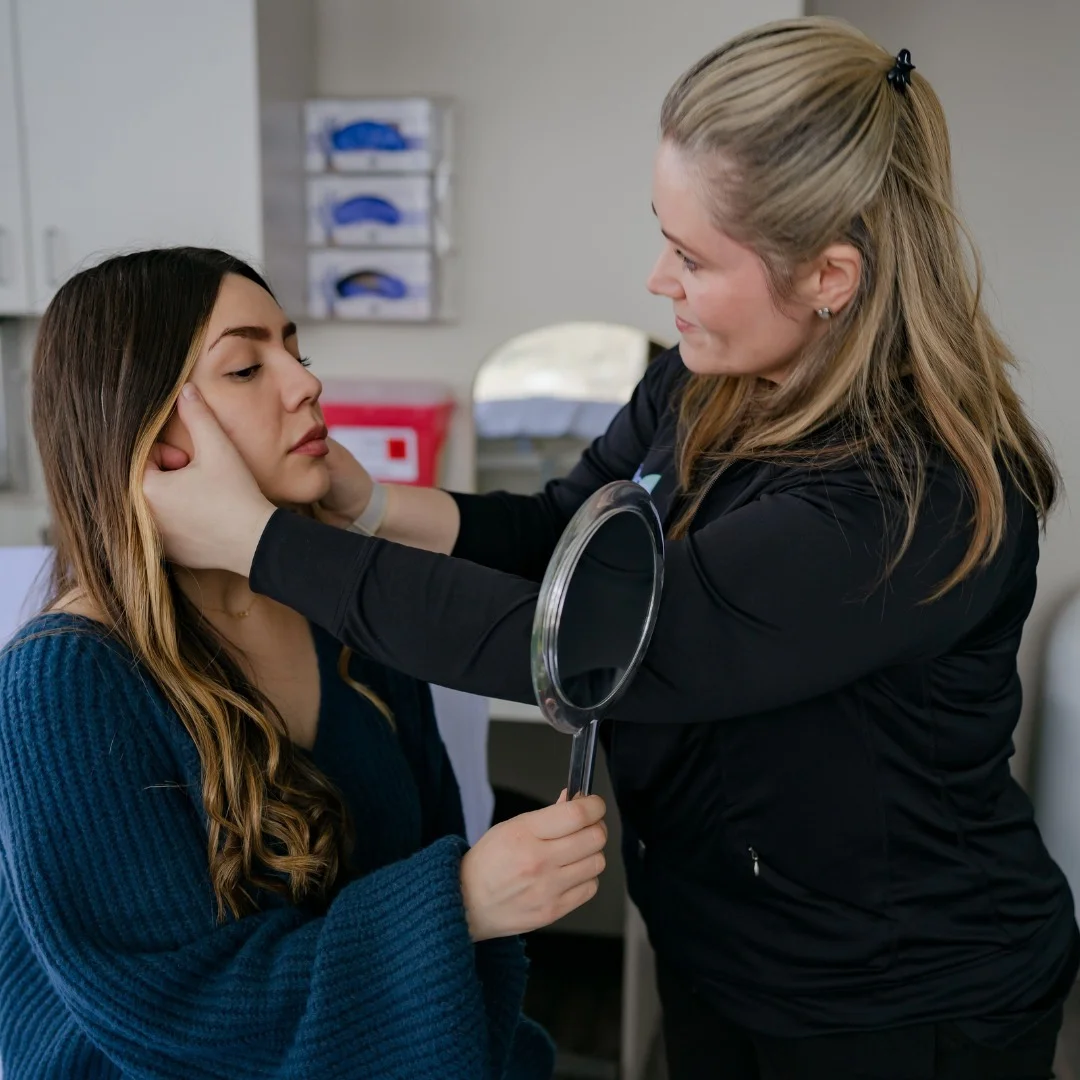Australian researchers have developed a blood test that is capable of detecting melanoma in its early stages. This diagnostic test detects antibodies in the blood, with significant accuracy, to identify patients with primary melanoma. Antibodies are very specific proteins made by a person’s immune system to fight off foreign substances such as bacteria, viruses, toxins as well as cancer cells. The research team has identified a combination of 10 antibodies that best signal the presence of melanoma. The researchers were able to identify people with melanoma with 84% accuracy (16% false positive rate), in a study with 245 total blood samples (with 124 samples from melanoma patients compared to 121 samples from healthy patients). The blood samples were drawn within 1-3 months of initial primary melanoma diagnosis. However, in order for the test to be more clinically useful, researchers do plan to perform a larger clinical trial to refine the test, hoping to increase the accuracy to 90% or greater.
The study was published in the July 17, 2018 edition of Oncotarget.
Dr. Ho’s Commentary: Having a new diagnostic test to detect cancer such as melanoma is always exciting and welcomed. Early diagnosis is extremely important for melanoma since when detected early, the 5-year survival rate can be over 95%, but with advanced metastatic disease the corresponding survival rate drops below 20%. Nonetheless, more studies will be needed to verify how accurate this test is and how it would be best used in daily clinical practice. The question of which patients are appropriate to make this test worthwhile and financially feasible is yet to be answered. The test, of course, does not tell us the location of the tumor, thus a biopsy of clinically suspicious skin lesion(s) would still be required. The test also needs to be as accurate as possible otherwise patients with false-positive results might receive unnecessary follow up evaluation.
For now, the best screening strategies are still regular self skin examinations at home and a regularly scheduled professional exam by a board-certified dermatologist.

